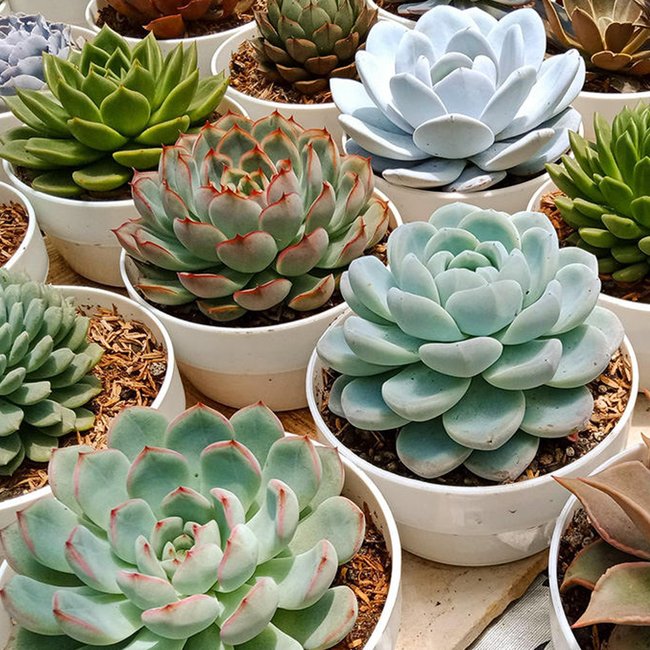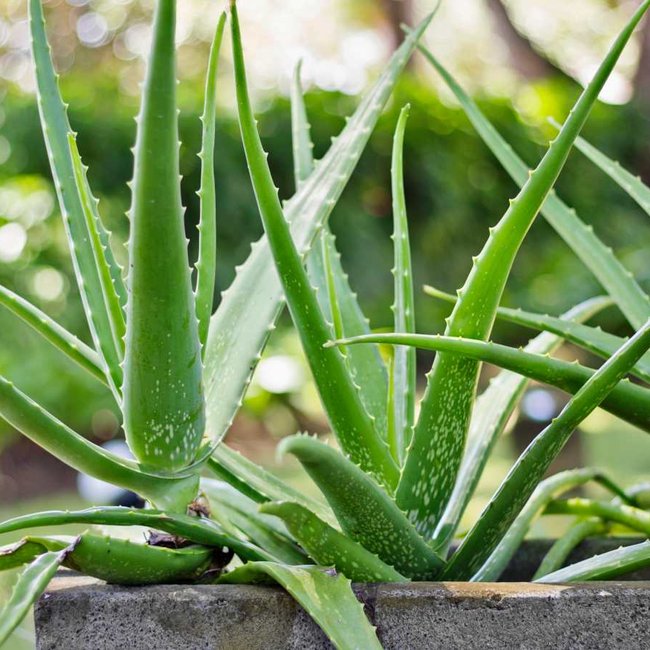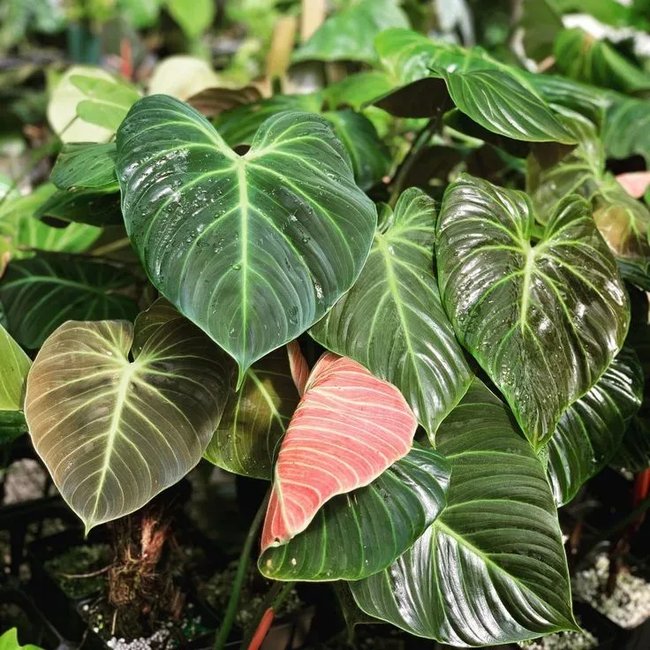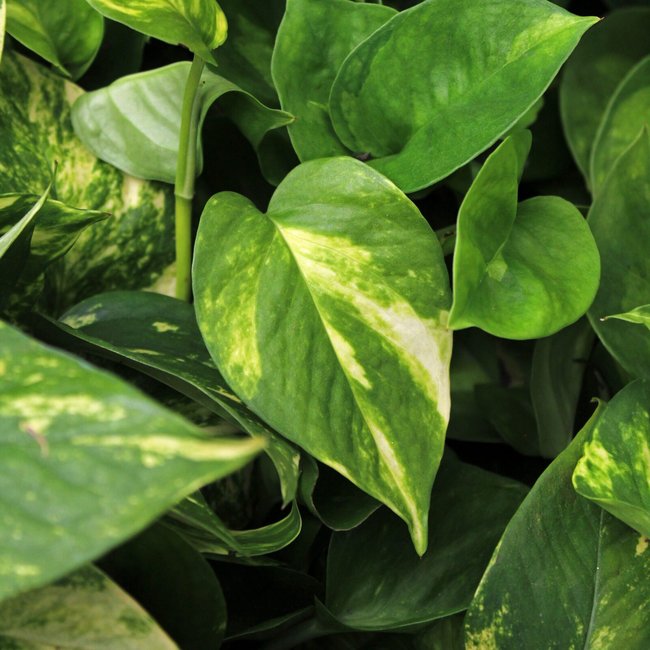Sweet potatoes
Sweet potatoes, also known as Ipomoea batatas, are a root vegetable native to the Americas. They are a popular food in many countries around the world, and are highly nutritious.
Classification and Taxonomy
Sweet potatoes belong to the Convolvulaceae family and are classified as Ipomoea batatas.
Description and Characteristics
Sweet potatoes are root vegetables with thick, orange-brown skin and orange-yellow flesh. They have a sweet, nutty flavor and can be eaten cooked or raw.
Distribution and Habitat
Sweet potatoes are native to Central and South America, but are now cultivated in many other countries. They grow best in warm climates with plenty of sun and moisture.
Ecology and Reproduction
Sweet potatoes reproduce through underground stems, called stolons. The stolons can spread out and form new plants.
Uses and Economic Importance
Sweet potatoes are used in many dishes around the world, including soups, stews, pies, and casseroles. They are also used to make sweet potato chips and fries. Sweet potatoes are an important source of nutrition and are a staple crop in many parts of the world.
Conservation Status
Sweet potatoes are not considered threatened or endangered.
-
What are sweet potatoes?
Sweet potatoes are a root vegetable that belong to the family Convolvulaceae. They are a staple food in many parts of the world and are known for their sweet taste, versatility and health benefits. Sweet potatoes can be eaten cooked or raw, and they come in a variety of colors including orange, purple, yellow and white.
-
How do you grow sweet potatoes?
Sweet potatoes are relatively easy to grow and can be grown in a variety of climates. They require well-drained soil with a pH between 5.0 and 6.5, and prefer warm temperatures between 70-80°F. Sweet potatoes are typically grown from slips, which are small sprouts that grow from the sweet potato itself. Once the slips are around 6 inches long, they can be planted in the ground. It's important to water sweet potatoes regularly and to avoid planting them in areas with heavy clay soil.
-
What are the health benefits of sweet potatoes?
Sweet potatoes are a nutrient-dense food that offer numerous health benefits. They are high in fiber, which can help regulate digestion and prevent constipation. Sweet potatoes are also rich in vitamins A and C, which are important for maintaining healthy skin, vision and immunity. Additionally, sweet potatoes contain antioxidants that can help reduce the risk of chronic diseases such as cancer and heart disease.
-
How do you cook sweet potatoes?
Sweet potatoes can be cooked in a variety of ways, including baking, boiling, roasting and frying. Baking and roasting are popular methods that bring out the natural sweetness of the potato. To bake a sweet potato, simply pierce it with a fork a few times and place it in the oven for around 45 minutes at 400°F. Boiling sweet potatoes is another option that can be done in around 20 minutes. Once cooked, sweet potatoes can be enjoyed as a side dish, in soups or stews, or even as a dessert.
-
Are sweet potatoes and yams the same thing?
No, sweet potatoes and yams are not the same thing. While they are often used interchangeably, yams are a different species altogether and are native to Africa and Asia. Yams are typically larger and have a rough, scaly skin, while sweet potatoes have a smoother skin and come in a variety of colors. In the United States, the term "yam" is often used to describe a type of sweet potato with a bright orange flesh, but it is not a true yam.
-
Can sweet potatoes be grown in containers?
Yes, sweet potatoes can be grown in containers as long as the container is large enough and has adequate drainage. A container that is at least 12 inches deep and wide is recommended, and it's important to use well-draining soil. Sweet potatoes can be grown from slips, which can be purchased or grown from a sweet potato. Once the slips are planted in the container, they should be watered regularly and placed in a sunny spot. As the sweet potatoes grow, they may need to be staked or supported to prevent the plant from falling over.
-
Are sweet potatoes good for weight loss?
Yes, sweet potatoes can be a good food to include in a weight loss diet. They are low in calories and high in fiber, which can help you feel full and satisfied. Sweet potatoes also have a low glycemic index, which means they are digested slowly and can help regulate blood sugar levels. Additionally, sweet potatoes are a good source of complex carbohydrates, which can provide sustained energy without spiking blood sugar levels. However, it's important to watch portion sizes and avoid adding high-calorie toppings such as butter or sugar.
10 Fun Facts About
1. Sweet potatoes are related to morning glories. 2. The sweet potato is the world's 7th most important food crop. 3. The first sweet potatoes were grown in Peru about 5,000 years ago. 4. Sweet potatoes are rich in Vitamin A, Vitamin C, and potassium. 5. Sweet potatoes can be stored for up to six months in a cool, dry place. 6. The sweet potato is the official vegetable of North Carolina. 7. Sweet potatoes are used to make biofuel. 8. The longest recorded sweet potato was over 4 feet long. 9. Sweet potatoes are a popular food for Thanksgiving in the United States. 10. Sweet potatoes can be cooked in a variety of ways, including baking, frying, boiling, and roasting.
Pun
Sweet potatoes are so sweet, they'll make your teethpotato!
Similar To
Carrots, Potatoes, Yams, Cassava Keywords: Sweet Potato, Ipomoea batatas, Root Vegetable, Nutrition, Staple Crop, Peru, Biofuel, North Carolina, Thanksgiving, Cooking








